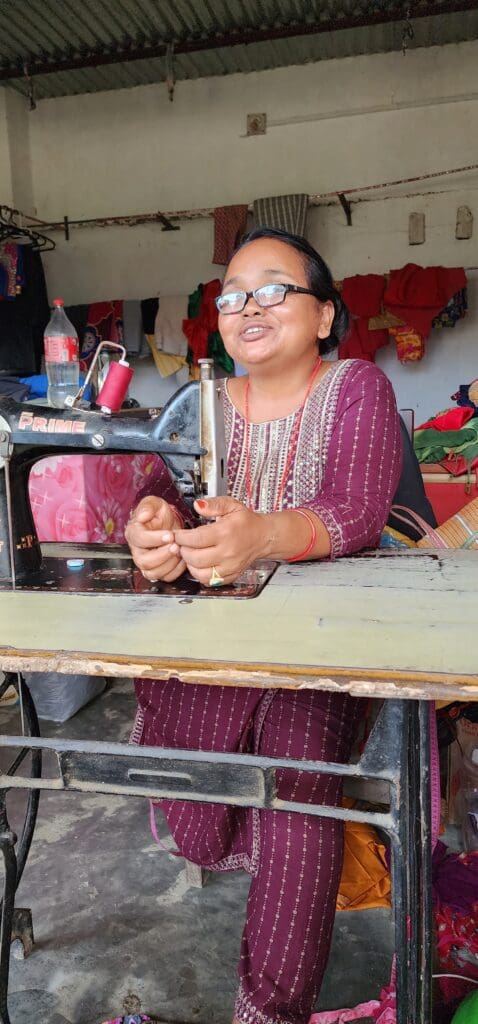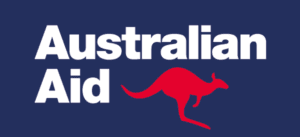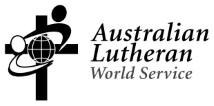Nepal is in the bottom 50 least developed countries on the UN Human Development Index. Your help through ALWS is targeted at the poorest and most marginalized groups, including Dalit, Indigenous, landless and ethnic minorities. The project is supported by the Australian Government through the Australian NGO Cooperation Program (ANCP).

What
Local Initiatives for Community Empowerment and Development Project (LICED)

Where
Bajura, Doti, Kanchanpur, Jhapa, Morang, Dhanusha, Lalitpur, Dolakha, Bardiya, Kailali, Dailekh, Siraha and Surkhet districts in Nepal
Who
18,466 (in partnership with other agencies)

Partner
LWF Nepal, with local implementing partners
Stitching together a new life
Married, with two young children, Tulsha’s life changed forever when she was diagnosed with cancer. The costly treatment required Tulsha and her husband to sell their land and, when her right leg was amputated to stop the cancer’s spread, her husband left.

Struggling with her new disability, Tulsha found it difficult to care for her children on her own. Although she was a skilled tailor, limited financial resources meant that Tulsha had to sell her tailoring machines and treasured family items so that she could feed her family and afford schooling. Thankfully, this is when your practical ALWS action provided hope to Tulsha and her children. Through our local partners, LWF Nepal, you provided Tulsha with specialised tailoring equipment and supplies of fabric so that she could restart her tailoring shop. You also provided winterisation assistance to help Tulsha and her family survive the cold Nepalese winters. Now remarried, Tulsha reflects on the support you made possible …
“Since the support that was provided to me, my husband and I have been able to run this shop together effortlessly. We are happy to have an income that supports the dream of my children and thus, mine. I am also relieved to at least be financially independent regardless of my status as a person with disability. I have been able to give my children education and that is my asset too.”
Today, Tulsha operates a successful tailoring business and is known in the community for her ability to design and produce any type of clothing.
Tulsha says … “Thank you for helping me realise my ambitions.”
ALWS acknowledges the support of the Australian Government through the Australian NGO Cooperation Program (ANCP).

Find out more about...
| Nepal (Empowerment) | |
| What | Local Initiatives for Community Empowerment and Development Project (LICED) |
| Local Partner | LWF Nepal, with local implementing partners |
| Where | Kailali, Jhapa, Morang, Lalitpur, Bardiya, Surkhet, Dolakha districts in Nepal |
| Who | 12,767 (in partnership with other agencies) |
| ALWS Action | ALWS: $177,376 DFAT: $553,723.40 Total: $731,100 |
You work with communities at risk from poverty and being marginalised – Dalit, ethnic minority groups, Bhutanese refugees and
people with disabilities.
- 7,298 people received training in gender and disability equity, psychosocial support and disaster preparedness
- 5,184 people informed of their human rights
- 1,124 people received support for shelter, dDisability and psychosocial services
During the Nepal Earthquake: 6,809 individuals in the Doti district received essential relief materials. Specific assistance was given to 96 people with disabilities, 434 pregnant and lactating mothers, 134 senior citizens and 64 single women.
Thank you!
Communities are supported to develop early warning systems, disaster response plans, risk reduction projects (like stabilizing the banks of rivers), safety nets (such as grain banks and disaster funds).
As well as experiencing less impact from floods, drought, landslides etc. families say they feel more in control of their lives, proud of what they could achieve, are more confident in taking on other challenges and an increased feeling of “community”.
Micro-Entrepreneurs are taught business and financial skills and are supported with some start up materials for businesses such as noodle carts, mobile phone repairs, shoe making, tailoring and commercial farming.
The farmers are also supported to access markets so they can get higher prices for their produce.
“I’m very happy that I’m being able to teach others and can create and income for them. And also happy that I can fulfill the needs of my
family. I wasn’t confident to come in front and talk in front of people, but I can do that now.”
Meanwhile, Ganga was trained in human rights for people with disabilities, and now advocates for others:
“I have learnt so much that I want to help others … It shouldn’t be only me who has developed. I have seen growth in myself despite being a
blind person. This training has given me a reason to live. I am very thankful for myself and my husband to the supporters of Lutheran.”
Human Rights Defenders are volunteers from communities who have a passion for helping and connecting with others.
They are trained in principles of human rights and share this with others in their communities and help people connect with groups and services that can support them.
For example, some Human Rights Defenders work particularly to bring people with disabilities together so they can access support services, and livelihood activities so they can earn an income.
An ALWS-supported Localisation Review found:
- LWF Nepal is an important intermediary with local partners, and this should be embraced and refined
- implementing partners value technical, organisational and funding support
- LWF’s status and international connections increase partners’ diversification of funding
The agro-digital service project we support through LWF Nepal has been instrumental in empowering farmers by helping them to predict weather conditions and track market prices so they can optimise farming outcomes.
The gender inclusive practices you made possible through LWF Nepal were found to increase women’s participation in decision-making on boards and management teams.
Our empowerment work through LWF Nepal informed participants of their rights and entitlements. The establishment of a Water Supply and Sanitation User Committee was identified as a future project enhancement.
Gifts of Grace
-
$23
- Learn more
Gift in your Will
Lives you touch
How do you want to be remembered?
Now you can keep blessing others with a gift in your Will...

